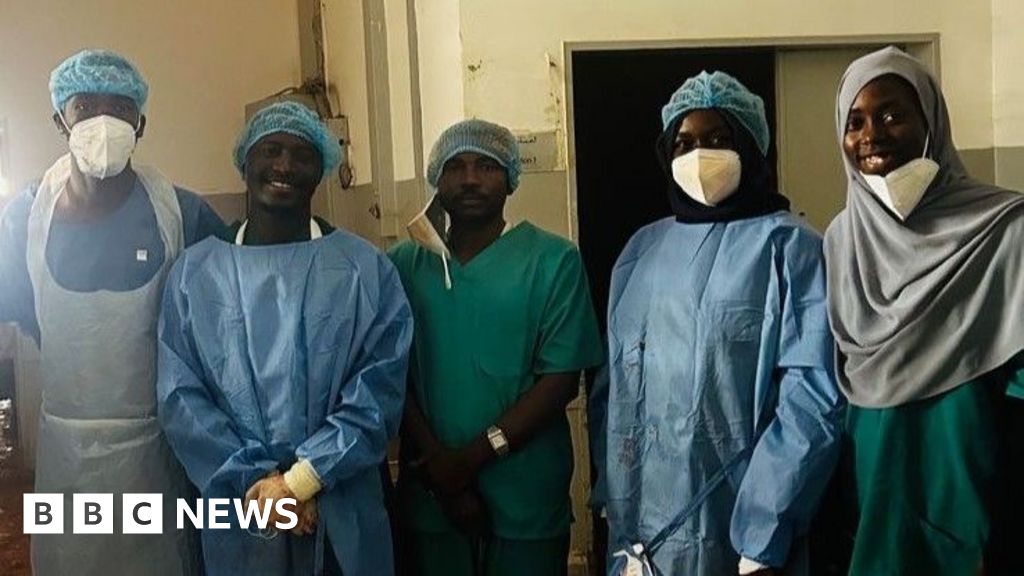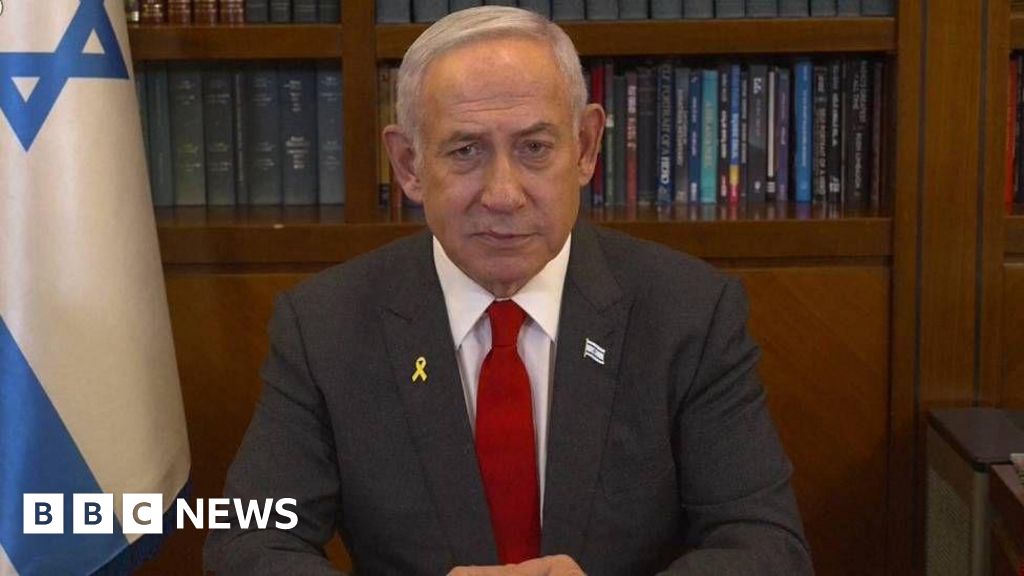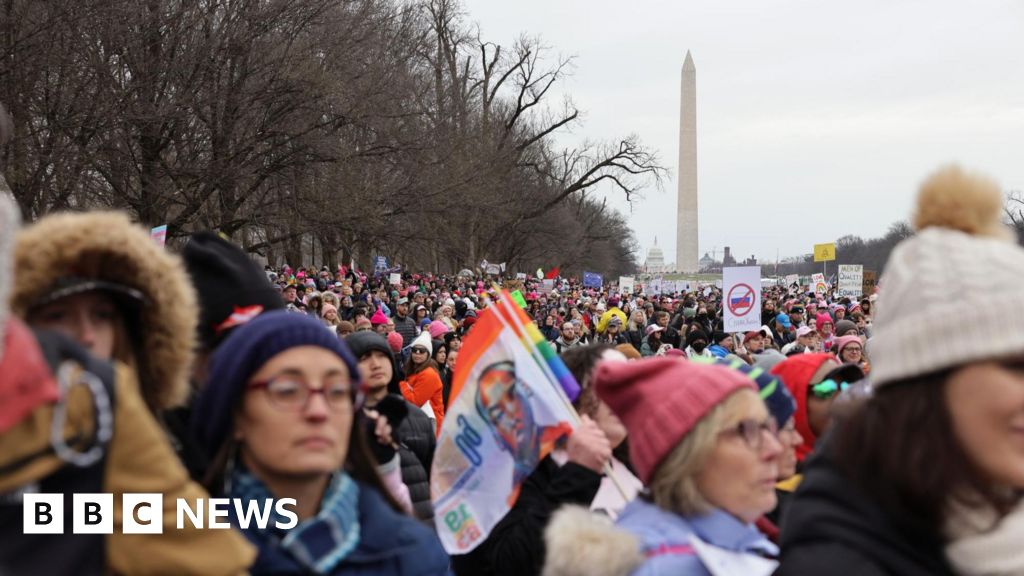ARTICLE AD BOX
UK Prime Minister Sir Keir Starmer did not signal any decision on allowing Ukraine to use long-range missiles to hit targets inside Russia after talks with US President Joe Biden in Washington.
When asked if he had persuaded Biden to allow Ukraine to fire long-range Storm Shadow missiles into Russia, Sir Keir said they had had "a long and productive discussion on a number of fronts, including Ukraine, as you would expect, the Middle East and the Indo-Pacific".
The White House said they also expressed "deep concern about Iran and North Korea's provision of lethal weapons to Russia".
Earlier Russian President Vladimir Putin warned Western nations not to let Ukraine fire long-range missiles at Russia.
Putin said such a move would represent Nato's "direct participation" in the Ukraine war.
Addressing reporters ahead of his meeting with Sir Keir at the White House, Biden said: "I don't think much about Vladimir Putin".
To date, the US and UK have not given Ukraine permission to use long-range missiles against targets inside Russia, for fear of escalation.
However, Ukrainian President Volodymyr Zelensky has repeatedly called on Western allies to authorise the use of such missiles to attack targets within Russia, saying it was the only way to bring about an end to the war.
The UK previously said Ukraine had a "clear right" to use British-provided weapons for "self-defence" which "does not preclude operations inside Russia", following Kyiv's surprise cross-border incursion last month.
However, this excludes the use of long-range Storm Shadow missiles in territory outside Ukraine's internationally recognised borders.
The US provided long-range missiles to Ukraine earlier this year, but like Kyiv's other Western allies these have not been authorised for use on targets deep inside Russia.
- What are Storm Shadow missiles and why are they crucial for Ukraine?
- Ukraine in maps: Tracking the war with Russia
Asked if he was intimidated by Putin's threats of a potential war with Nato, Sir Keir said "the quickest way to resolve" the war in Ukraine "lies through what Putin actually does".
Sir Keir said the White House meeting with Biden was an opportunity to discuss the strategy in relation to Ukraine, "not just a particular step or tactic".
The pair also discussed the situation in the Middle East, where the Israel-Gaza war has been raging for nearly a year, and "other areas across the world", Sir Keir added.
He told reporters they would get another opportunity to discuss these issues at the United Nations General Assembly next week.
In a separate briefing on Friday, ahead of the two leaders' meeting, US National Security Council spokesman John Kirby said Washington was not planning any change in the limits it has placed on Ukraine's use of US-made weapons to hit Russian territory.
Earlier on Friday, Moscow expelled six British diplomats, revoking their accreditation and accusing them of spying.
The country's security service, the FSB, said in a statement it had received documents indicating Britain's involvement in inflicting "a strategic defeat" on Russia. The accusations were dismissed by the UK Foreign Office as "completely baseless".
In an interview with the BBC, UK defence analyst Justin Crump said Putin was testing the new Labour government and the outgoing Biden administration.
"Ultimately Russia already supplies weapons to the UK's adversaries, and is already engaged in 'active measures' such as subversion, espionage, sabotage, and information/cyber operations against Nato members' interests.
"This may all accelerate, but picking a fight against all of Nato is not something Russia can afford given how hard they're struggling against just Ukraine," Mr Crump added.
Also on Friday, the US announced new sanctions against the Russian media channel RT, accusing it of being a "de facto arm of Russia's intelligence apparatus".
The top US diplomat, Antony Blinken, told reporters RT is part of a network of Russian-backed media outlets, which have sought to covertly "undermine democracy in the United States".
In response to US allegations that RT had sought to influence elections, RT’s editor-in-chief Margarita Simonyan - who was sanctioned by the US last week - said they were excellent teachers, adding that many RT staff had studied in the US, and with US funding.
Russia's foreign ministry spokeswoman, Maria Zakharova, said there should be a "new profession" in the US, of specialist in sanctions imposed on Russia.

 4 months ago
16
4 months ago
16








 English (US) ·
English (US) ·